
Urban density is fundamental principle of sustainable development. Density supports economic and creative vibrancy, social integration, and a healthy, environmental sustainable development model. As the world’s population continues to urbanize, our cities have two options for growth: densify or sprawl. The private-car dependent sprawl model of the 20th century must change, and move away from a reliance on private cars, to accommodate a more populous, and more prosperous world.
View this complete post...











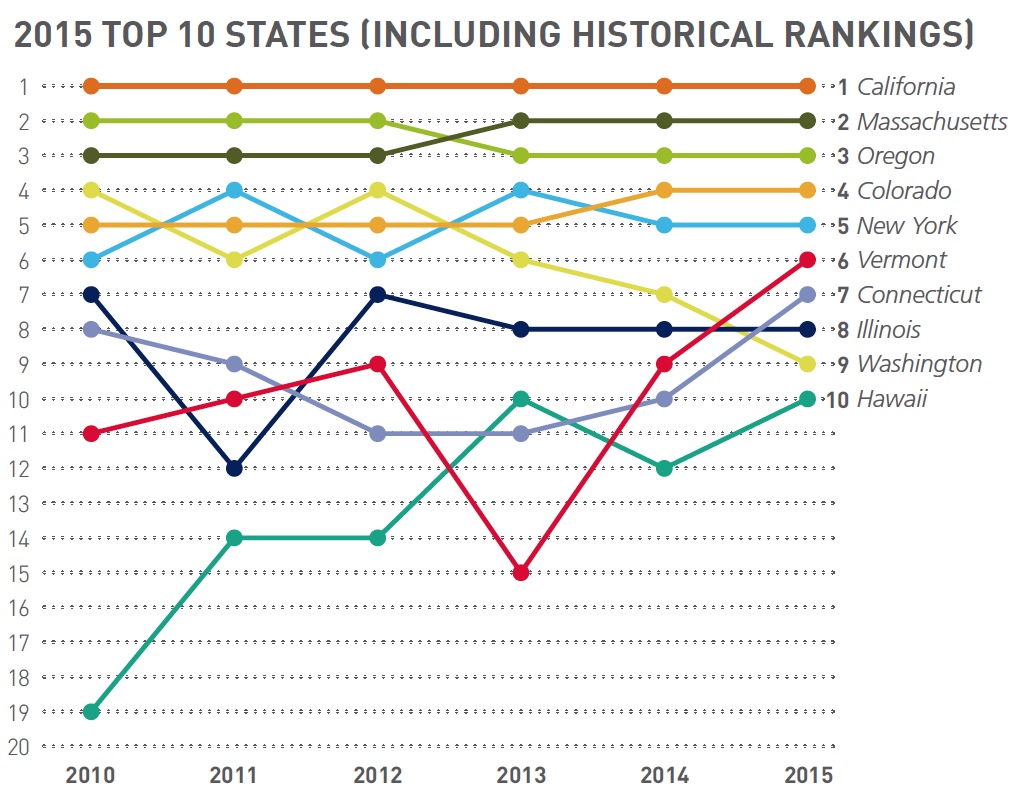

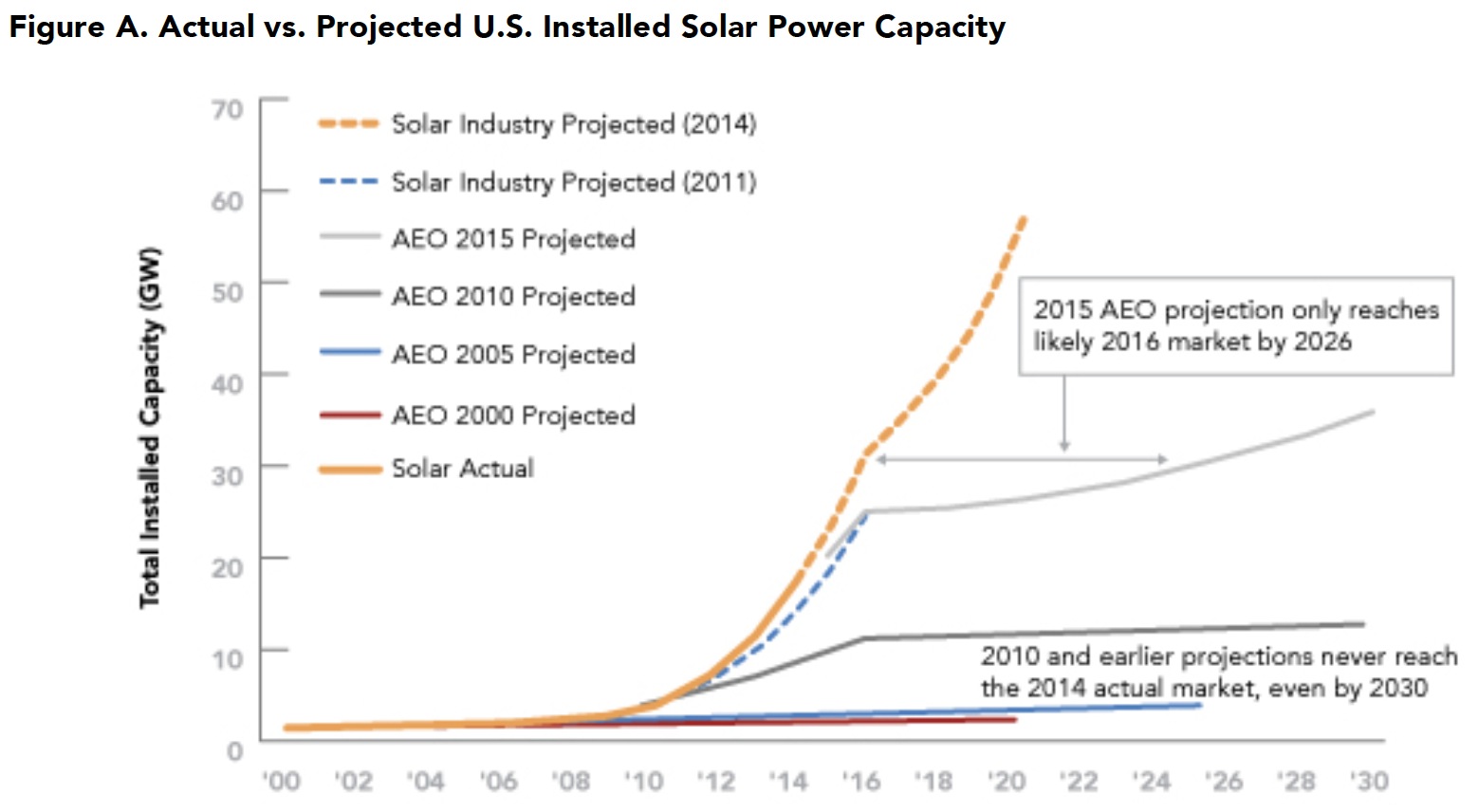
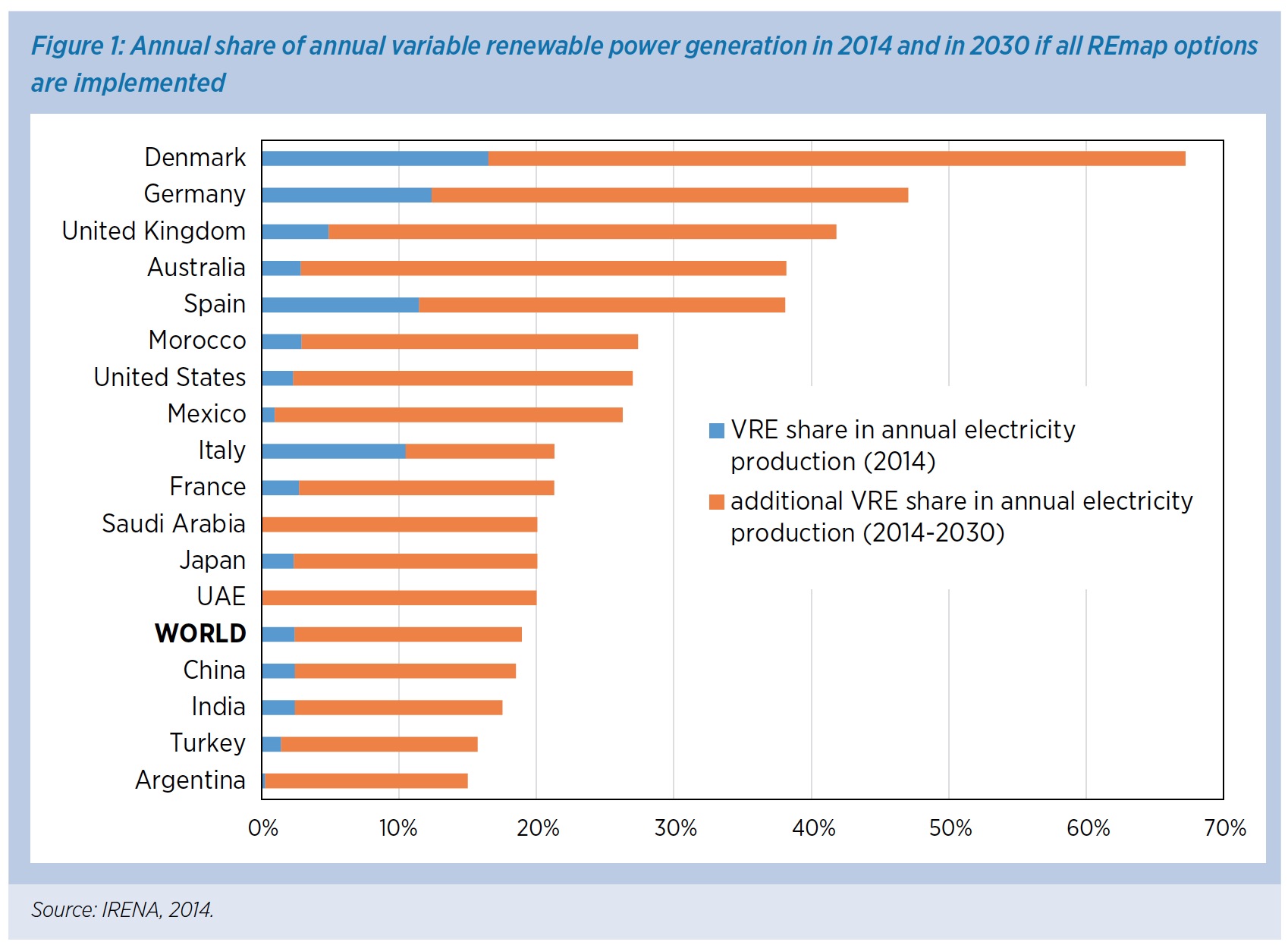

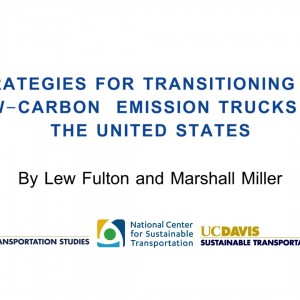
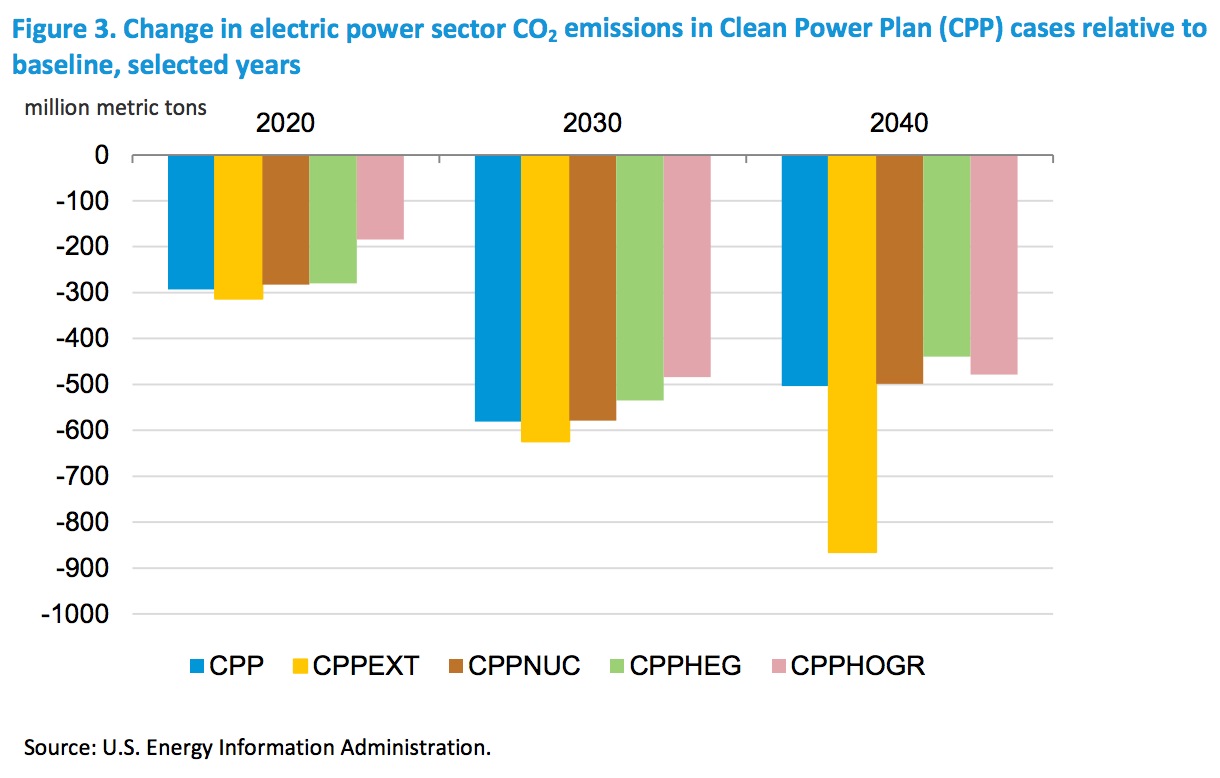
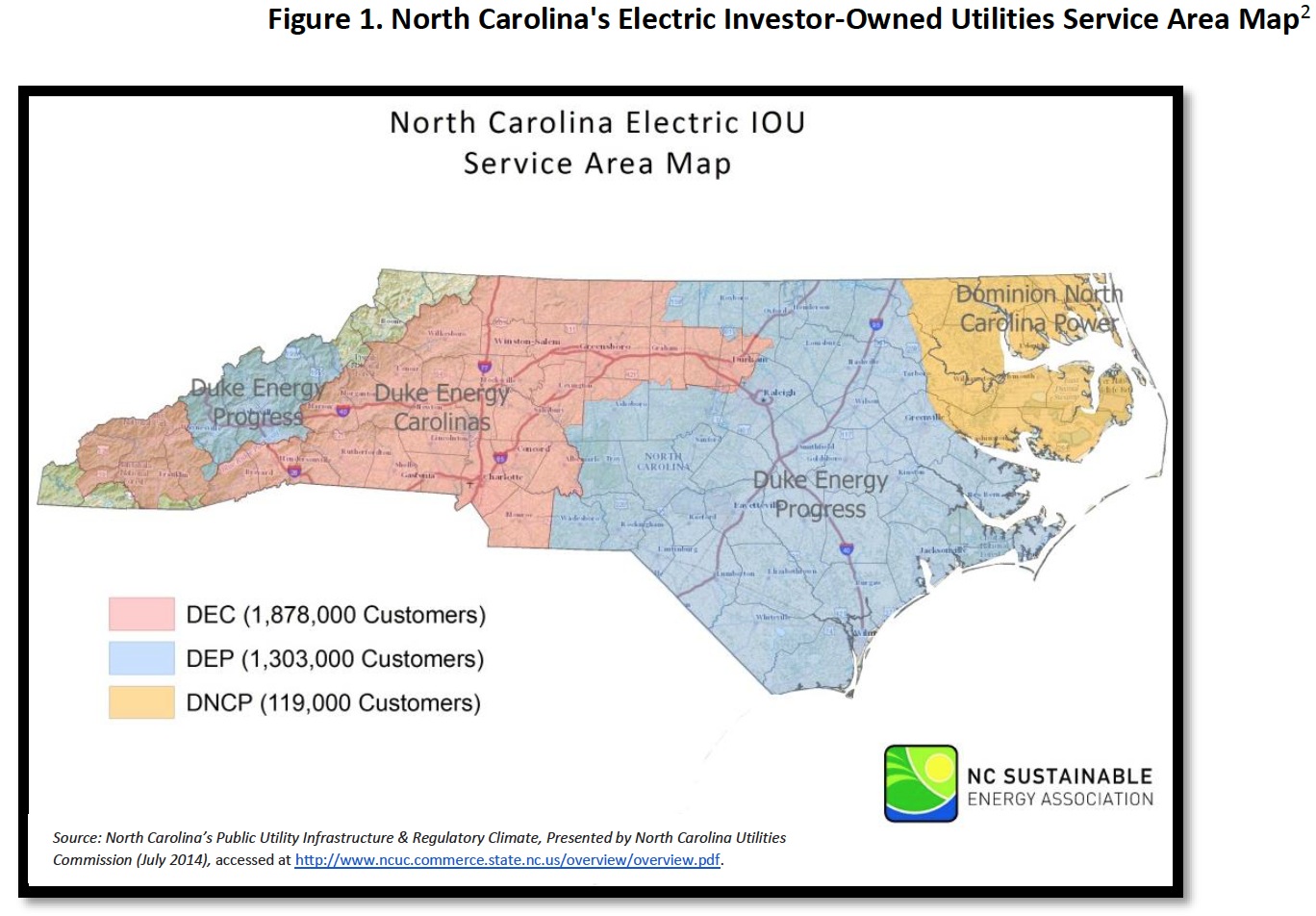


 RSS Feed
RSS Feed